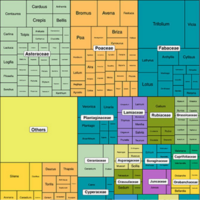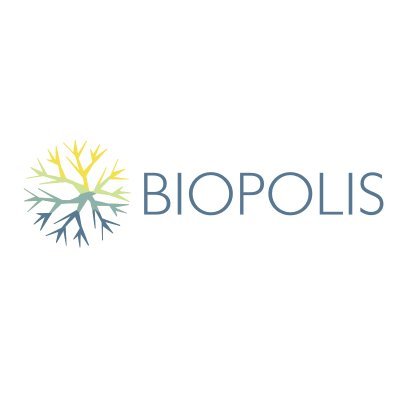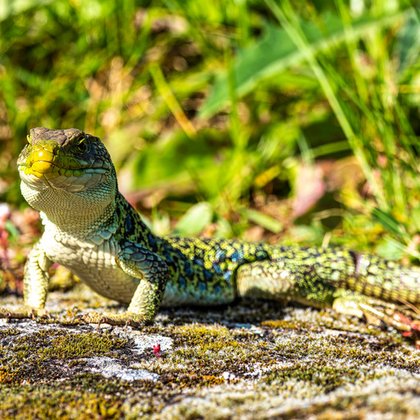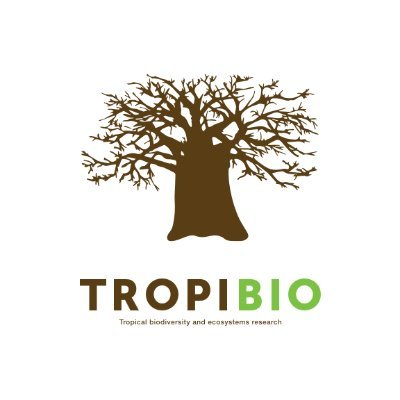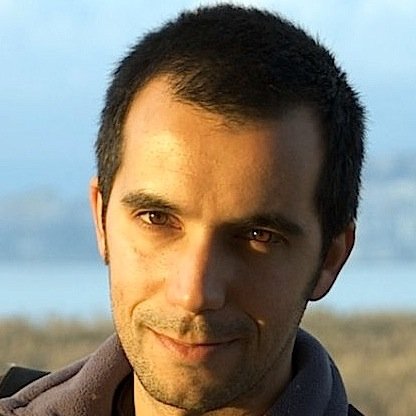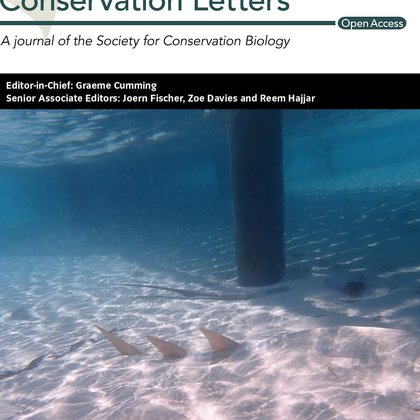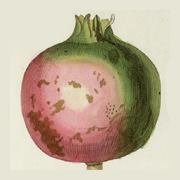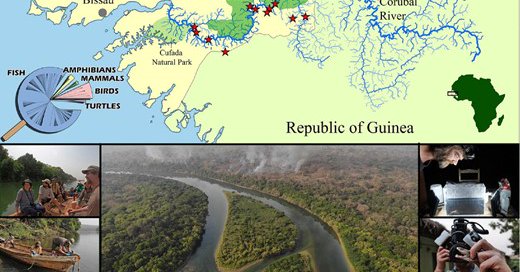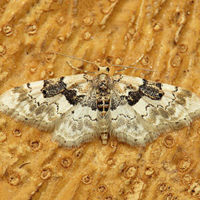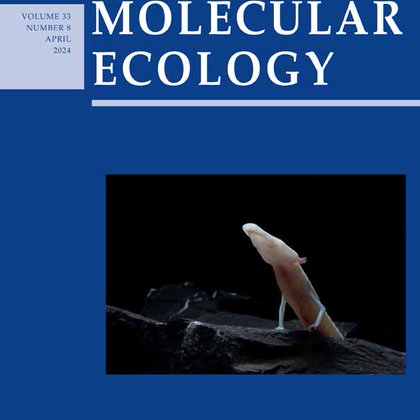
Pedro Beja
@PedroBeja12
Followers
297
Following
460
Media
16
Statuses
212
Conservation Biologist at @CIBIO_InBIO. Enthusiastic #biodiversity contributor to @iNaturalist
Lisboa, Portugal
Joined January 2021
Proud to share the cover of BioScience featuring our work on #eDNA #biodiversity surveys in remote tropical rivers. Lopes-Lima et al. (2024). Rapid eDNA survey reveals a unique biodiversity hotspot: The Corubal River, West Africa. BioScience, 74, 405-412. https://t.co/0mTph01tf7
0
1
11
An accurate DNA reference database for the plants of the Trás-os-Montes Region of Portugal. #DNAbarcoding #biodiversity #botany @cpinho541 @PedroBeja12 @cibio_inbio @MED_UEvora
https://t.co/S9N2uT3V0o
bdj.pensoft.net
Metabarcoding is invaluable for understanding trophic interactions, enabling high-resolution and rapid dietary assessments. However, it requires a robust DNA barcode reference library for accurate...
0
1
0
The "Diary of a Scientist" initiative, led by the BIOPOLIS project, is featured on the @CORDIS_EU website. The diary gives readers a behind-the-scenes look at the world of science, a new approach to science communication. https://t.co/09sWMYHsMz
cordis.europa.eu
BIOPOLIS and Portuguese newspaper Público offer a fresh take on science communication through the stories of scientists engaged in...
0
6
13
Flipping through the pages of a scientist’s diary
cordis.europa.eu
BIOPOLIS and Portuguese newspaper Público offer a fresh take on science communication through the stories of scientists engaged in...
0
1
2
New paper! 🌍West Africa's rapid cashew expansion is threatening both biodiversity and rural livelihoods. Our latest commentary examines these impacts, with a focus on Guinea-Bissau, and offers policy recommendations for sustainable cultivation. https://t.co/oSdhbMJoTO
0
7
12
New Article! How can we conciliate the cashew expansion in West Africa with biodiversity and livelihoods? @CE3CResearch @cienciasulisboa @CIBIO_InBIO @Biotropica
https://t.co/EV2DiZuP8i
0
7
13
Check this great initiative of Science Communication promoted by BIOPOLIS @CIBIO_InBIO together with the national newspaper @Publico
At @OxfordSparks, we love sci com! The Diary of a Scientist project aims to unite scientists, journalists and artists to celebrate curiosity driving research. Check out the project by @alvesmjoel (@school_of_arch) and colleagues here 👉 https://t.co/4T8FDGVJ3g
0
1
3
🚀 Great news! Tomorrow we’re kicking off the #TheDiaryOfAScientist series - a joint initiative with @Publico. Stay tuned for articles, podcasts, and more, showcasing the work and personal journeys of our scientists throughout August! PÚBLICO news: https://t.co/4BupapfJ0u
0
8
27
What are the #biodiversity monitoring policy needs, challenges, and solutions? Learn from this @EuropaBon_H2020 analysis of inputs from >300 stakeholders👇
conbio.onlinelibrary.wiley.com
To achieve the goals of the 2030 Global Biodiversity Framework, the European Biodiversity Strategy, and the EU Green Deal, biodiversity monitoring is critical. Monitoring efforts in Europe, however,...
1
10
13
What are the user needs for biodiversity monitoring data in Europe? Our report from @EuropaBon_H2020 now published as a paper in @ConLetters. #OpenAccess
1
18
38
We are thrilled to announce that this year’s edition of the Trends in Biodiversity and Evolution (TiBE) conference will be held as part of the TROPIBIO project! Help shape the program by submitting your ideas for thematic sessions: https://t.co/OAgsWBGia6 Stay tuned for more!
0
10
21
Nice explainer of this important argument for safe-guarding the universality & stability of formal biological #nomenclature 🌼🐘🦋🍄🐝🐿 Happy to be a co-signer among >1500 scientists 🦔 #taxonomy
>1500 scientists from >100 countries agreeing in something is a very rare event. In this opinion piece we joined together to express that if biological nomenclature is not understood as a neutral tool, we put ourselves at risk . Let me explain why we had to organize this 🧵👇
0
4
14
>1500 scientists from >100 countries agreeing in something is a very rare event. In this opinion piece we joined together to express that if biological nomenclature is not understood as a neutral tool, we put ourselves at risk . Let me explain why we had to organize this 🧵👇
Investigadores españoles lideran la defensa de una nomenclatura biológica universal frente a revisiones de carácter moral. Sostienen que la pretensión de imponer revisiones de carácter ético comprometería la comunicación entre culturas y generaciones https://t.co/QQHeRDfeY9
6
73
175
Investigadores españoles lideran la defensa de una nomenclatura biológica universal frente a revisiones de carácter moral. Sostienen que la pretensión de imponer revisiones de carácter ético comprometería la comunicación entre culturas y generaciones https://t.co/QQHeRDfeY9
1
38
90
Finally published!!! We highlight the importance of the Corubal in Guinea Bissau and discuss the advantages and limitations of eDNA for surveying biodiversity in remote ropical ricvers. https://t.co/4SQOdr4YA6
academic.oup.com
Abstract. The Corubal (Guinea-Bissau) is a wild but underexplored river in West Africa. This study underscores the potential of environmental DNA (eDNA) su
0
3
14
🦗 A dataset to contribute to the knowledge on DNA barcodes of Portuguese Orthoptera: https://t.co/vmad5Wfd8h
#Orthoptera #biodiversity #DNAbarcoding
0
2
4
Finally, the monumental work led by @SoniaFe02577409 is out, reporting on moth barcodes from Portugal, based on 2350 specimens from 1158 species. The InBIO Barcoding Initiative Database: DNA barcodes of Portuguese moths
bdj.pensoft.net
The InBIO Barcoding Initiative (IBI) Dataset - DS-IBILP08 contains records of 2350 specimens of moths (Lepidoptera species that do not belong to the superfamily Papilionoidea). All specimens have...
0
9
19
A work started in 2018, is finally out. Our results reveal simplified bird-pest interaction networks with increased agricultural cover, where bird abundance emerges as the key predictor of species' importance in pest consumption. https://t.co/XKiuJKjOqj
onlinelibrary.wiley.com
Agriculture is vital for supporting human populations, but its intensification often leads to landscape homogenization and a decline in non-provisioning ecosystem services. Ecological intensificati...
1
3
13
The "InBIO Barcoding Initiative Database: DNA Barcodes of Iberian #bees" dataset contains records of 1,059 sequenced specimens, corresponding to about 47% of Iberian #bee species diversity and 21% of endemic species diversity. See it here: https://t.co/LKnjJCUtNf
0
5
12
Identifying bees is now easier: International team unveils DNA barcodes from Iberian bees, an essential tool for monitoring. DNA barcodes are short sequences of genetic material that allow us to distinguish species, like barcodes allow us to distinguish products in supermarkets.
1
7
22


